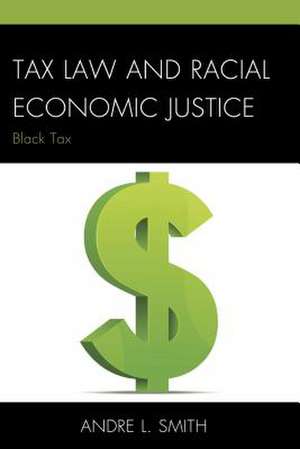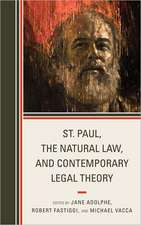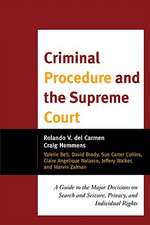Tax Law and Racial Economic Justice
Autor Andre L. Smithen Limba Engleză Hardback – 3 iun 2015
| Toate formatele și edițiile | Preț | Express |
|---|---|---|
| Paperback (1) | 449.11 lei 6-8 săpt. | |
| Rowman & Littlefield – 8 noi 2016 | 449.11 lei 6-8 săpt. | |
| Hardback (1) | 734.99 lei 6-8 săpt. | |
| Rowman & Littlefield – 3 iun 2015 | 734.99 lei 6-8 săpt. |
Preț: 734.99 lei
Preț vechi: 1006.83 lei
-27% Nou
Puncte Express: 1102
Preț estimativ în valută:
140.65€ • 150.39$ • 117.26£
140.65€ • 150.39$ • 117.26£
Carte tipărită la comandă
Livrare economică 17 aprilie-01 mai
Preluare comenzi: 021 569.72.76
Specificații
ISBN-13: 9781498503655
ISBN-10: 1498503659
Pagini: 240
Dimensiuni: 155 x 231 x 23 mm
Greutate: 0.48 kg
Editura: Rowman & Littlefield
ISBN-10: 1498503659
Pagini: 240
Dimensiuni: 155 x 231 x 23 mm
Greutate: 0.48 kg
Editura: Rowman & Littlefield
Descriere
This book explores how taxation creates and maintains racial inequalities in the United States. It demonstrates why those interested in Black redemption should pay attention to tax law, explores tax systems of pre-colonial African civilizations, and sets forth an agenda for tax scholars to obliterate racial caste and march toward equal opportunity.





















